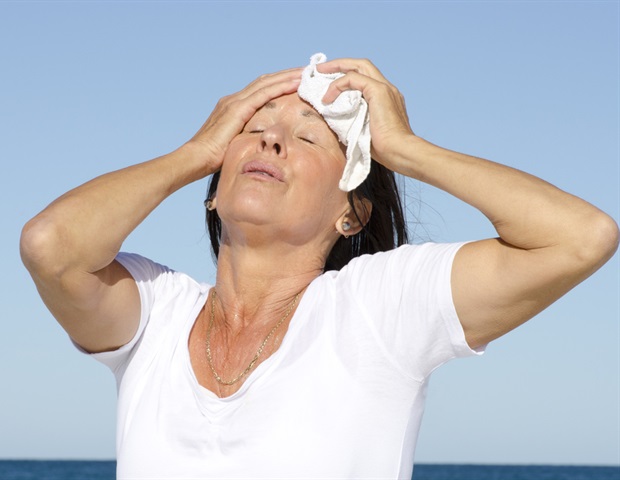Picture this: Your child is playing in a clean park; your elderly neighbor is receiving regular checkups thanks to a mobile health clinic; your local grocery store offers fresh fruits and vegetables within walking distance. None of these things happen by chance. They are the direct result of a strong and active public health system.
Public health has faced many challenges throughout history, from political shifts to pandemics, but its resilience lies in the dedication of scientists, public health practitioners, health care professionals and engaged communities.
Strengthening local health initiatives, supporting independent research and encouraging public dialogue can help safeguard essential health services and ensure that these services are deployed properly and promptly. Public health has seen transformative successes over the years, driven by a combination of science, policy and community input and action.
And here in Tulsa, public health is essential.
In 1950, the Tulsa City Commission and the County Board of Commissioners signed an agreement to create the “Cooperative Health Department of the City and County of Tulsa.” This agreement allowed the city and county health departments to work together by hiring a superintendent of health to oversee both departments. This action was later supported in 1955 by Oklahoma House Bill 907, which allowed for the creation of combined city-county boards of health in Tulsa and Oklahoma counties.
Local public health works to support communities and families, not just with medicine but through prevention, education and action. The Tulsa Health Department has been conducting this work for more than 75 years. This work saves lives — not in dramatic moments but quietly, every single day.
Let’s talk honestly. Our community faces real challenges. Oklahoma has experienced some of the highest rates of heart disease, diabetes, chronic disease and decreased life expectancy in the country, and, sadly, Tulsa County is no different. Mental health care remains a critical need, especially in our rural areas. And like many places, we are not immune to health disparities linked to income, race and geography.
The Tulsa Health Department recently launched a mobile wellness clinic to travel to underserved neighborhoods, offering screenings and referrals. Our school health program builds the foundation for lifelong health. We provide more than just traditional clinical services but partner alongside community members and health care systems to provide preventive care and connections to resources like housing and food assistance.
Our food protection program works with entrepreneurs who start family businesses, grocery stores and food trucks that operate safely. Our water lab ensures that water is safe to drink. These are the sometimes invisible victories of public health.
And none of it works without the support of the community members we serve. People who live, work, play and pray in Tulsa County are not just clients or statistics. They are partners. Each of us has a role to play, whether it’s volunteering, advocating or simply sharing helpful information.
The Tulsa Health Department is committed to protecting and supporting Tulsa County residents in pursuit of their health goals, whatever those goals may be. Public health may not always make headlines, but it saves lives in ways we often take for granted. Public health steps up when others step back.
So, I’m writing here today not just to highlight its importance but to ask you to invest in it with your time, your voice and your heart. Support policies that protect health. Educate your families. Participate in local health events. Be the advocate someone else might need.
Because when we invest in public health, we invest in the strength and safety of our future.
tulsaworld.com/opinion/column/article_a94b9bed-95fc-4896-b125-eeb62799158a.html









 English (US) ·
English (US) ·